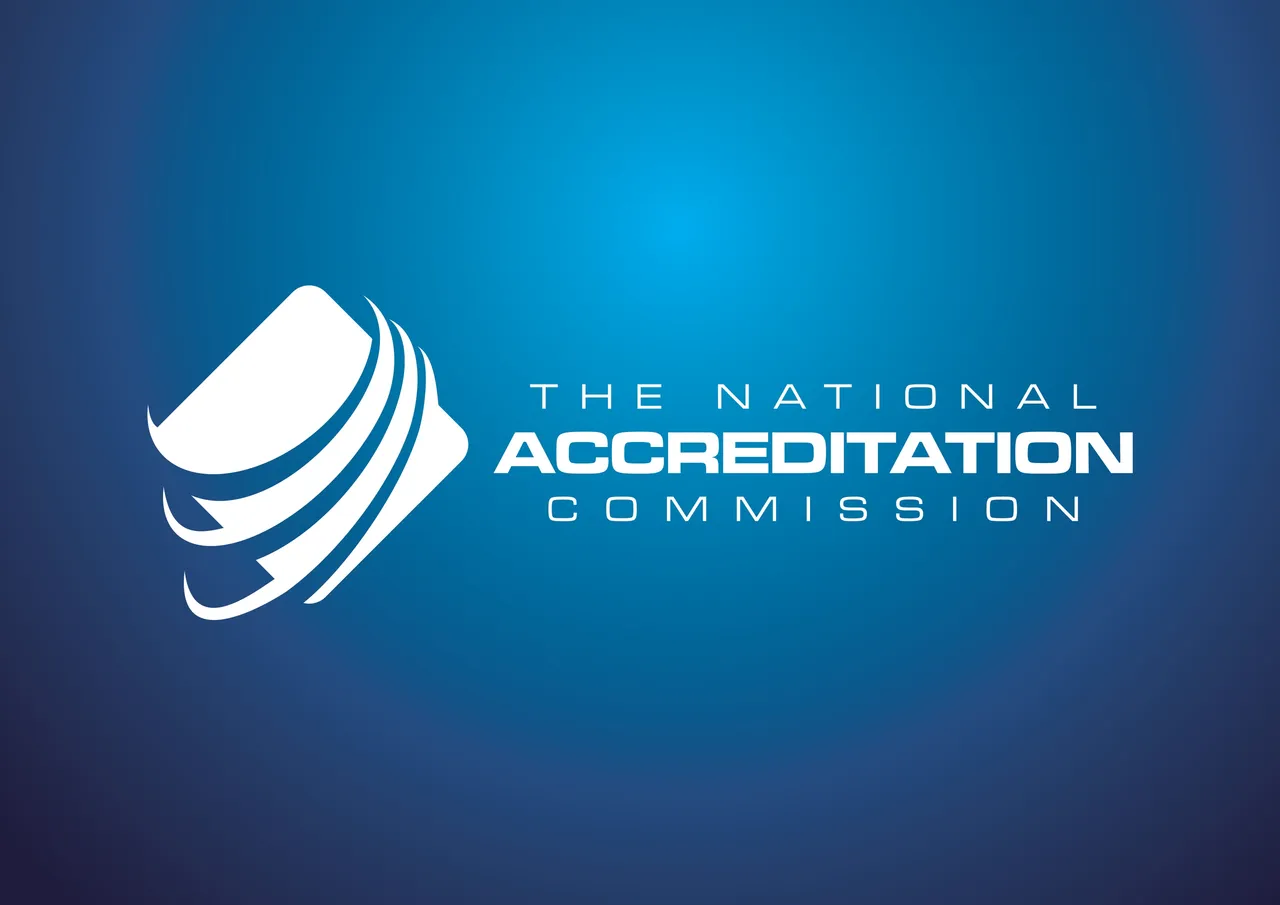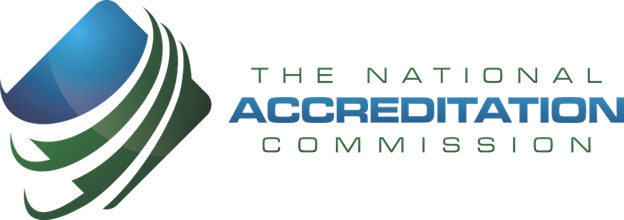The Next Generation Accreditation System

Quality assurance in higher education is generally challenging, with diverse and complex programs requiring rigorous evaluation. Estimates for accreditation costs range from 3% to 11% of total educational spending—much of which has been criticized as inefficient —with recent estimates of annual accreditation spending reaching $2.3 billion. There are a variety of definitions of what constitutes accreditation costs; however, broadly speaking, accreditation costs are generally characterized as spending that is related to the preparation, review, and maintenance of accreditation standards and processes. While there may be some divergence as to the exact proportion of overall educational spending that is attributed to accreditation costs, there is no doubt that it represents a significant portion of overall educational spending.
High accreditation costs in postsecondary education are typically attributed to the large number of evaluators, staff, and faculty, many of whom perform tedious or redundant tasks that could readily be automated by artificial intelligence (AI) and machine learning (ML). The recent boom in AI, which includes technologies such as machine learning, natural language processing, and large language models, has promised to create tools to automate and reduce accreditation costs, with some even estimating savings as high as $500–$900 million in educational spending using existing technologies realized in the next 5 years. For these reasons, NAC is working with powerful stakeholders to build AiHub, which will streamline accreditation, help programs track outcomes, and provide information to evidence compliance with regulators. Member programs and their supporting institutions will derive the following benefits from working with NAC and using AiHub:
Standards & Sub-Standards:
- Data collection and analysis: AiHub can automate data collection from various sources (surveys, exams, state longitudinal data systems, BLS, O*Net, policies/procedures, job platforms) for program needs analysis, performance, and outcomes.
- Pattern recognition and prediction: AiHub can identify trends and predict future performance based on historical data, aiding informed innovation and program decision-making for planning, budgeting, upskilling staff/faculty, and student services.
- Personalized feedback and recommendations: AiHub can provide customized programmatic insights and recommendations based on individual program data.
Program Eligibility:
- Automated compliance checks: AiHub can verify compliance with eligibility requirements using ML to compare policies and procedures with state, federal, and accreditation requirements.
- Risk assessment and early warnings: AiHub can analyze data to identify potential compliance risks and alert responsible parties, ensuring ongoing eligibility.
- Dynamic eligibility criteria: AiHub can help adapt eligibility criteria based on evolving regulations and industry best practices.
- Automated review and decision-making: AiHub can analyze program data and policies to facilitate faster and more consistent assessments for accreditation and reaccreditation decisions.
- Identification of potential red flags: AiHub can alert reviewers to potential issues like adverse actions from other agencies.
- Transparency and auditability: AiHub can ensure transparent decision-making and traceability of reasoning behind each accreditation outcome.
Overall benefits:
- Increased efficiency and accuracy: AiHub can automate time-consuming tasks and reduce human error in data analysis and reporting.
- Data-driven insights: AiHub provides a continuous flow of insights into program performance and identifies areas for improvement.
- Improved stakeholder engagement: The AiHub dashboard can improve communication and transparency within institutions, large state systems, and with institutional accreditation bodies.
Important considerations:
- Fairness and bias: AiHub will be trained and tested to avoid biases that could unfairly impact certain programs.
- Data privacy and security: Robust data protection measures will be in place to ensure student and institutional data privacy.
- Human oversight: AiHub will be used as a tool to augment human expertise, not replace it.
